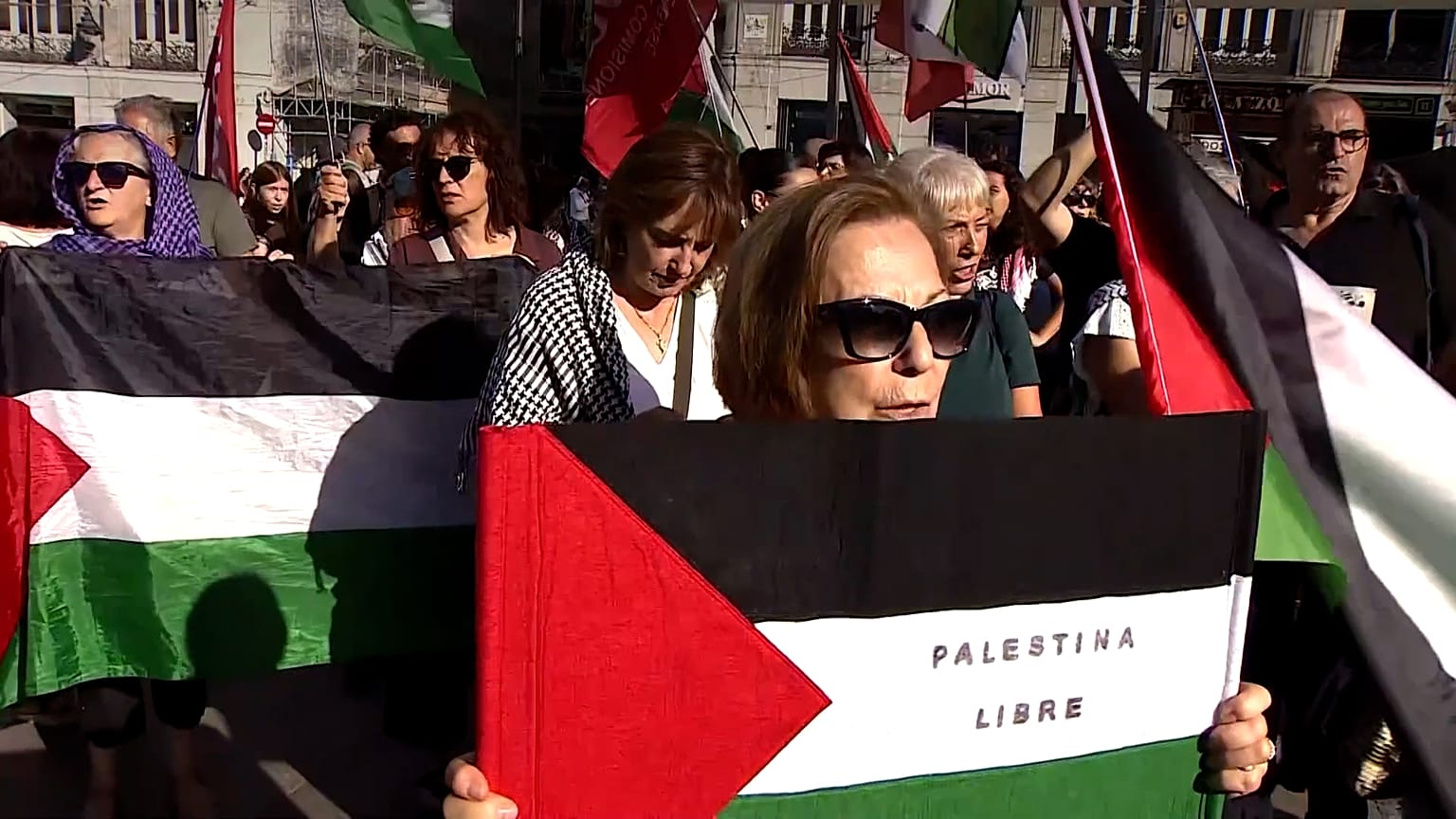Spain Imposes Total Weapons Embargo on Israel Over Gaza Conduct
Spain has imposed a total weapons embargo on Israel, citing alleged genocide in Gaza and introducing sweeping sanctions and humanitarian measures.

Spain announced a comprehensive arms embargo on Israel on September 8, 2025, in response to what Prime Minister Pedro Sánchez described as "genocide" against Palestinians in Gaza. The embargo halts all purchase and sale of weapons between Spain and Israel, and is accompanied by additional measures including bans on ships and aircraft carrying military material or fuel for the Israeli army from entering Spanish territory. Furthermore, Spain will deny entry to individuals it deems complicit in the violence, including Israeli government officials and military personnel.
Diplomatic Fallout and International Reactions
The Spanish government's actions have sharply escalated diplomatic tensions with Israel. Israeli Foreign Minister Gideon Saar immediately condemned the measures, labeling the Spanish government "antisemitic" and "corrupt," and announced bans on entry for Spanish cabinet members Yolanda Díaz and Sira Rego. Spain responded by recalling its ambassador from Tel Aviv for consultations and categorically rejected Israel's accusations of antisemitism, citing its recent efforts to combat discrimination and its historic support for Jewish communities. Spanish officials emphasized that the measures are rooted in the country's commitment to peace, human rights, and international law, and are not directed against the Israeli people but rather against policies perceived as violating international norms.
Expanded Sanctions and Humanitarian Support
In addition to the arms embargo, Spain has prohibited the import of products from Israeli settlements in Gaza and the West Bank, aiming to combat what it considers illegal occupations. The government also pledged increased humanitarian aid, including €10 million to the United Nations Relief and Works Agency for Palestine Refugees (UNRWA) and an additional €150 million in broader humanitarian assistance. Spain will bolster its presence at the Rafah border to facilitate aid delivery and support for the Palestinian Authority.
The Spanish government clarified that it is not currently considering a complete severance of diplomatic relations with Israel, despite calls from some coalition partners. Foreign Minister José Manuel Albares stated that Spain seeks a two-state solution and wants Israel to participate in related international conferences. Albares also noted that while Spain is acting unilaterally, broader European measures would have greater impact.
Broader Implications and Criticism
The embargo and associated sanctions have been praised by Hamas, which called Spain's actions a "notable contribution to international efforts" and urged other countries to follow suit. However, the move has drawn criticism from Israeli officials and some international observers, who argue that such measures may further polarize the conflict and complicate diplomatic efforts. Spain maintains that its actions reflect the will of its citizens and its sovereign right to respond to what it views as grave violations of human rights.
As the situation develops, Spain's stance places it at the forefront of European efforts to pressure Israel over its conduct in Gaza, setting a precedent that could influence future international responses to the conflict.